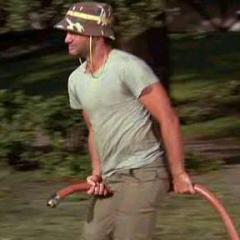IGNORED
Relative Importance of Driving/Approach Shots, Short Game, Putting, etc. (LSW, Mark Broadie, Strokes Gained, etc.)
-
Topics Being Discussed Right Now on The Sand Trap
-
- 14 replies
- 1,825 views
-
- 12 replies
- 679 views
-
- 19,530 replies
- 1,052,553 views
-
- 7 replies
- 365 views
-
- 2,374 replies
- 238,211 views
-







Recommended Posts
Create an account or sign in to comment
You need to be a member in order to leave a comment
Create an account
Sign up for a new account in our community. It's easy!
Register a new accountSign in
Already have an account? Sign in here.
Sign In Now